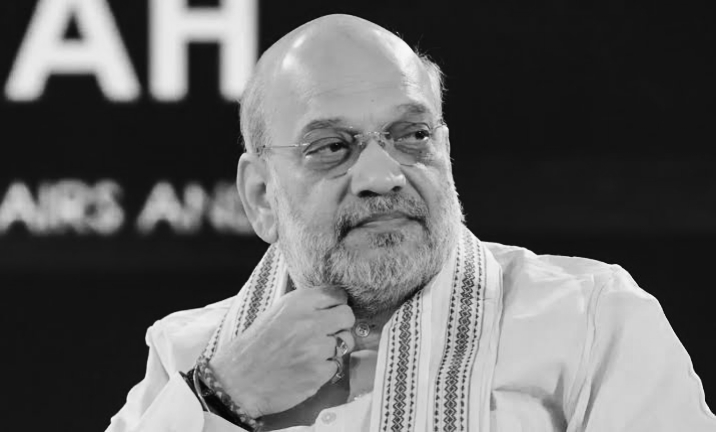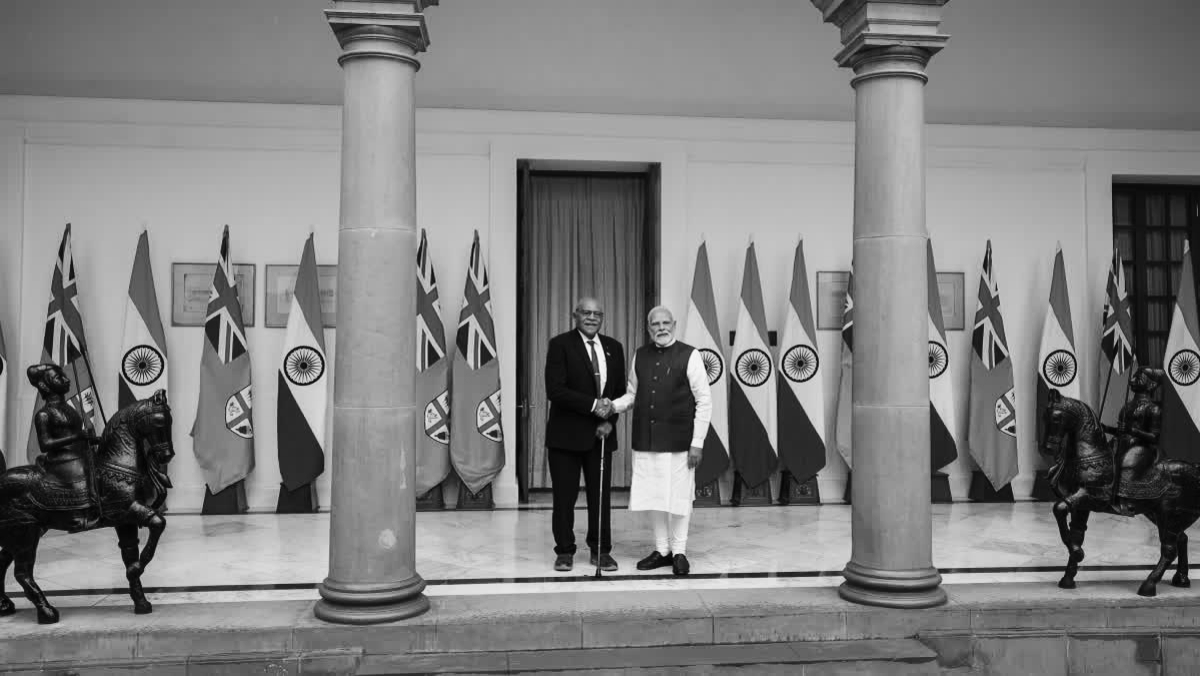Opposition calls move undemocratic; Shah defends as step to protect democracy
New Delhi, August 25: A political storm erupted in Parliament on Monday after Union Home Minister Amit Shah backed the introduction of the 130th Constitutional Amendment Bill, which proposes removal of the Prime Minister, Chief Ministers and Ministers if they remain in jail for more than 30 days in cases carrying a minimum punishment of five years.
While the government projected the move as a safeguard for democratic accountability, opposition parties denounced it as an assault on the Constitution and a tool to silence rivals.
CPI(M) leader and former MP Hannan Mollah described the bill as “completely undemocratic,” accusing the BJP of attempting to impose “RSS ideology” and targeting opposition-ruled states. “This is a blanket legislation designed to bypass judicial scrutiny and weaponise power against dissent. Our party, along with other democratic forces, will resist this step,” he told reporters.
The CPI(M) politburo issued a statement condemning what it called “neo-fascistic tendencies” of the government. It warned that the bill undermines essential checks and balances, and claimed that references to serious crimes are being used as a smokescreen to mask political motives.
Defending the proposal, Amit Shah argued that no government should function from behind bars. “Is it befitting for democracy that a chief minister runs an administration from jail?” he asked, citing the case of Delhi Chief Minister Arvind Kejriwal. Shah maintained that such provisions are necessary to preserve the dignity of public office.
Renowned constitutional expert S.P. Singh hailed the bill as historic, noting that only the United States and the United Kingdom have comparable laws. “India will become the third democracy where even the highest offices, including the Prime Minister, Speaker and Deputy Prime Minister, come under accountability provisions. It ensures that no one is above scrutiny,” Singh said.
The amendment bill, recently tabled in Parliament, has now been referred to a Joint Parliamentary Committee for review and possible changes before a final vote.
With the ruling party framing it as a measure of transparency and the opposition branding it a political weapon, the coming parliamentary debate promises to be one of the most divisive in recent years.







